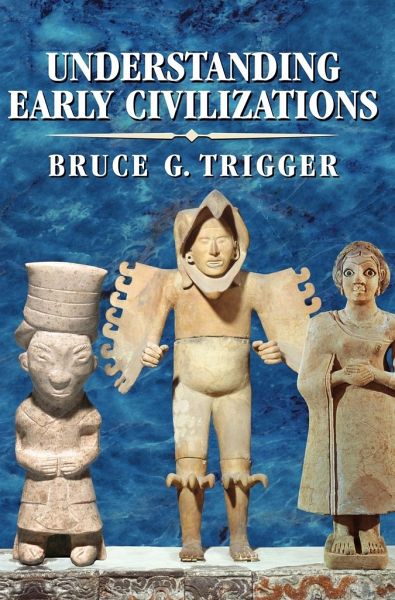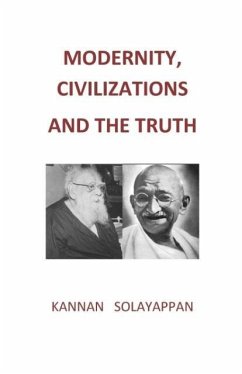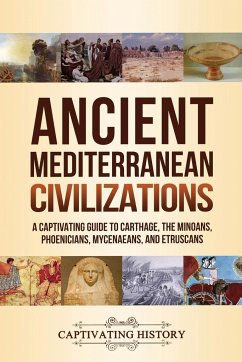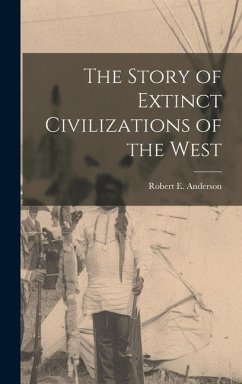Bruce G. Trigger
Gebundenes Buch
Understanding Early Civilizations
Versandkostenfrei!
Versandfertig in 1-2 Wochen
Weitere Ausgaben:

PAYBACK Punkte
45 °P sammeln!




The first detailed comparative study of the seven best-documented early civilizations.
Bruce G. Trigger is James McGill Professor in the Department of Anthropology at McGill University. He received his Ph.D. from Yale University and has carried out archaeological research in Egypt and the Sudan. His current interests include the comparative study of early civilizations, the history of archaeology, and archaeological and anthropological theory. He has received various scholarly awards, including the prestigious Prix Léon-Gérin from the Quebec government, for his sustained contributions to the social sciences. He is an honorary fellow of the Society of Antiquaries of Scotland and an honorary member of the Prehistoric Society (UK). His numerous books include The Children of Aataentsic: A History of the Huron People to 1660 (1976), A History of Archaeological Thought (Cambridge 1989), Early Civilizations: Ancient Egypt in Context (1993), and Sociocultural Evolution (1998), and The Cambridge History of the Native Peoples of the Americas, Volume 1 (Cambridge 1996), co-edited with Wilcomb E. Washburn.
Produktdetails
- Verlag: Cambridge University Press
- Seitenzahl: 774
- Erscheinungstermin: 27. Juni 2014
- Englisch
- Abmessung: 250mm x 175mm x 46mm
- Gewicht: 1490g
- ISBN-13: 9780521822459
- ISBN-10: 0521822459
- Artikelnr.: 22034021
Herstellerkennzeichnung
Libri GmbH
Europaallee 1
36244 Bad Hersfeld
gpsr@libri.de
Für dieses Produkt wurde noch keine Bewertung abgegeben. Wir würden uns sehr freuen, wenn du die erste Bewertung schreibst!
Eine Bewertung schreiben
Eine Bewertung schreiben
Andere Kunden interessierten sich für














